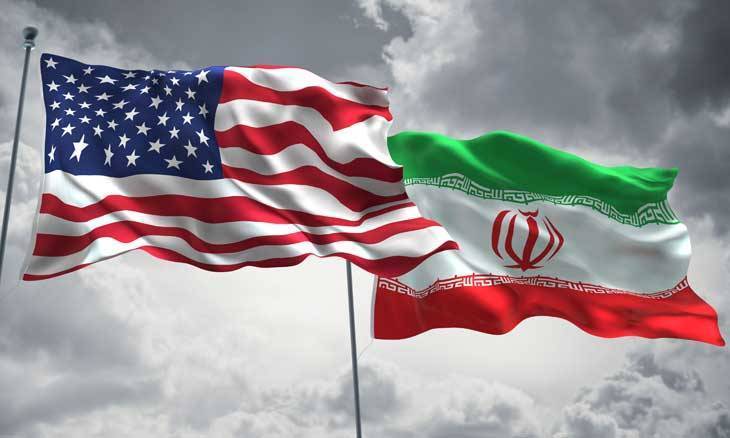As tensions mount between the United States and Iran, speculation grows regarding the future of this conflict, which carries risks that could threaten the stability of the region and the world.
U.S. President Donald Trump faces a significant challenge if war breaks out, as the United States would find itself embroiled in Middle Eastern conflicts, complicating its calculations and impacting its balance in facing the increasing challenges posed by China and Russia.
On Tuesday, Iranian Foreign Minister Abbas Araghchi affirmed that the nuclear agreement reached in 2015 might not appeal to Trump, yet it includes a "vital commitment" from Iran that remains in place. This commitment has benefited even the United States after its unilateral withdrawal from the agreement. Araghchi stated that Iran "reaffirms it will never, under any circumstances, seek to possess, develop, or acquire any nuclear weapons."
He added that this commitment remains valid, and so far, there is no evidence that Iran has violated it. He pointed to recent statements by U.S. Director of National Intelligence Tulsi Gabbard that confirmed this position. Araghchi also noted that diplomatic cooperation has succeeded in the past and can still achieve positive results in the future.
### Verbal Threats and Escalation
The war of words between the United States and Iran has entered a critical phase, amid growing fears of situations spiraling out of control, with both sides raising the stakes of military and nuclear threats against the backdrop of a political deadlock, reflecting escalating tensions.
President Donald Trump continues his "maximum pressure" policy towards Iran, hinting at the military option. Trump affirmed that the sanctions imposed on Tehran aim to reduce its oil exports and cut its income sources to a minimum, stating that "greater" actions against Iran are forthcoming.
### Russian Warning
Russia has warned that any attack on Iranian nuclear facilities would lead to catastrophic consequences. Russia aims to de-escalate tensions between the parties, expressing opposition to any military solutions in the current conflict. It described Washington's threats to use force against Iran as "inappropriate," cautioning that any attack on Iranian nuclear facilities would result in "catastrophic consequences."
Russian Deputy Foreign Minister Sergey Ryabkov said in an interview with the Russian magazine (International Affairs), "Threats are already being heard, and ultimata are also heard." He added, "We consider such methods inappropriate, and we denounce them, viewing them as a means (for the United States) to impose its will on the Iranian side."
### Iran Responds: Nuclear Weapons an Option if Provoked
Meanwhile, Ali Larijani, an advisor to the Iranian Supreme Leader, warned that any mistake in handling Iran's nuclear program might push Tehran to decide on developing a nuclear weapon. Larijani stated, "We confirm that we do not produce nuclear weapons, but if the U.S. or Israeli forces target our nuclear facilities, we will have to make different decisions, including manufacturing a nuclear weapon to defend ourselves."
### Iran Showcases Military Strength
On the military level, Iranian officials affirmed their full readiness to confront any threats, even minor ones. They pointed out that the United States has at least 10 military bases in the region, with approximately 50,000 American soldiers, all within range of Iranian missiles and drones.
### Israel: Preparations for Potential War
On its part, Israel is apprehensive about any potential escalation, announcing preparations to face retaliatory attacks that Iran might launch using missiles and drones. Tel Aviv closely monitors developments in the region in anticipation of sudden changes.



